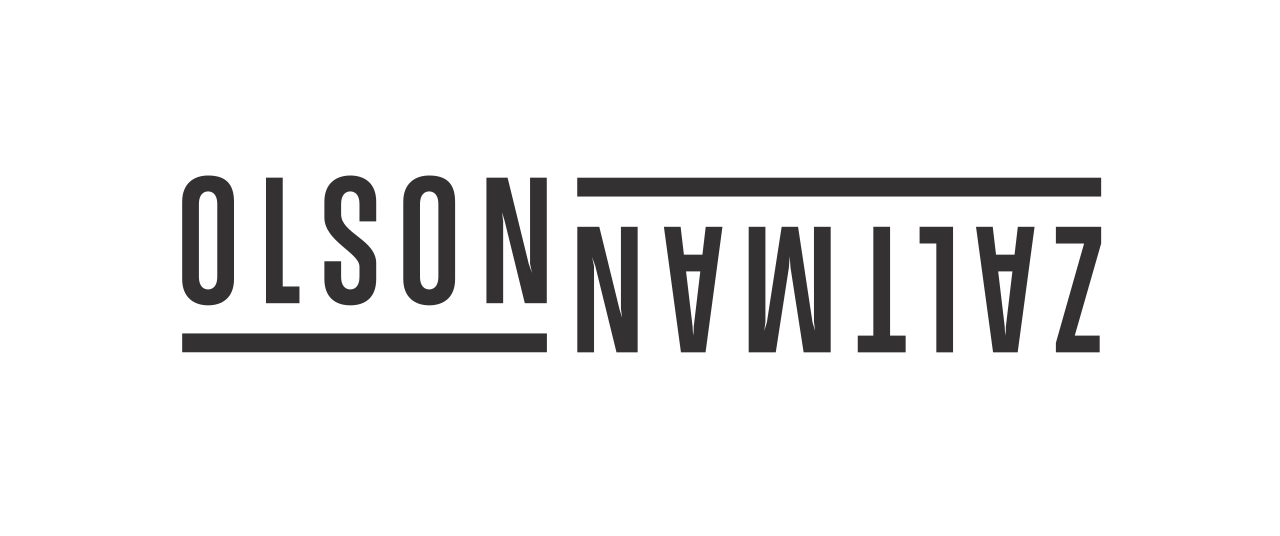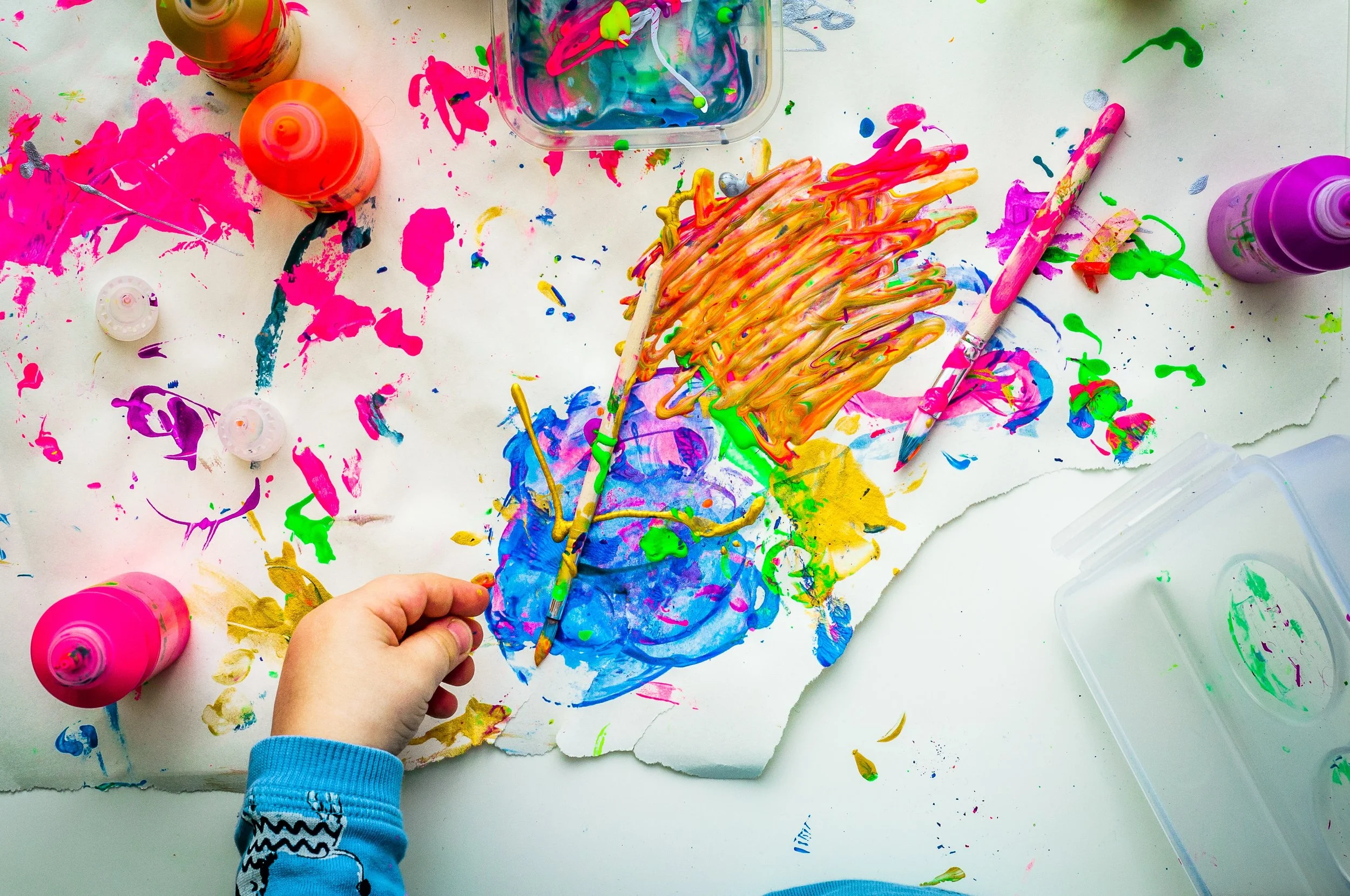Blessed are the creators
Unsplash/Dragos Gontariu
Does the term “creative,” as a noun, irritate you as much as it does us? It strikes us as obnoxious as when on-air people in broadcasting are referred to as “talent.” As if “creativity” and “talent” are reserved for a certain kind of person doing a certain kind of job.
Interestingly, “creativity” is a very new word in our language, which is discussed in this excerpt from a recently published book, The Cult of Creativity: A Surprisingly Recent History by Samuel Franklin.
The word “creativity” wasn’t even part of our language until after World War II. Franklin speculates that after the war, all of our basic human needs (in the west, anyway) were being met. So businesses became less interested in efficiency, which was the buzzword of the early 20th century, and became more interested in innovation and marketing – and, thus, creativity.
Also, being “productive” was no longer enough for the typical white-collar employee. So, creativity provided what Franklin calls “a moral aura” to corporate desk work.
We wonder what creativity really means in our society. How many do we hear in a ZMET interview, “I don’t know…I’m not very creative.” But, as Jerry Zaltman likes to say, if you walked into an elementary school classroom and asked, “Who in here is creative?” practically every hand would go up. What happens to that perceived creativity between childhood and adulthood? If creativity is so important, why do our educational institutions seem to work so hard to wring it out of us?
And does the word “creativity” limit our understanding of the concept of creativity? One doesn’t typically hear plumbers being called creative, but good ones are. Physicians usually take pride in their rationality and logic, but the best of them are extremely creative. Why are these individuals perceived as less creative than someone writing ad copy, or some “content creator” splattering insipid self-help nonsense on TikTok or LinkedIn?
We are inspired to read the book and learn more. We live in a time of immense social challenges, so we arguably need creative thinking now more than ever. One wonders if our institutions and our language are living up to that need – or even if society fully understands what creativity really is, besides a word. Perhaps the word is shortchanging the idea and limiting our sense of what each of us is capable of.

